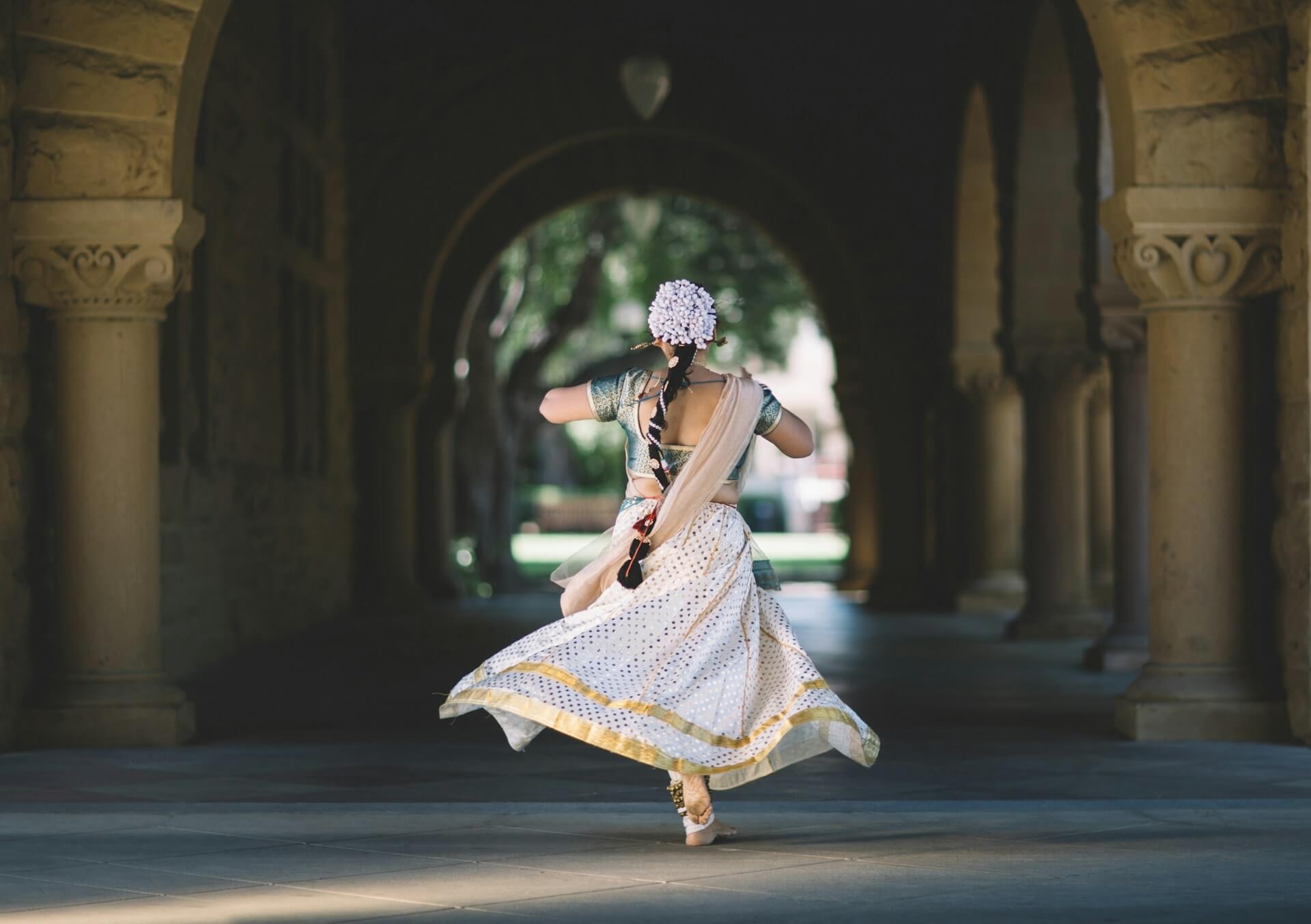The allure of travel lies not merely in the change of scenery but in the possibility of encountering the utterly foreign, the breathtakingly different.
It’s at these crossroads of culture, where the world becomes a vibrant patchwork of tradition, language, and cuisine, that one truly appreciates the intricacies of human diversity.
But how can we travel not just in body but in spirit, to truly immerse ourselves in the global tapestry?
This comprehensive guide dives into the art of cultural immersion, offering strategies for those seeking a deeper travel experience that transcends mere sightseeing.
Cultivating a Curious Mindset
At the heart of cultural immersion is a boundless curiosity, an eagerness to step into the shoes of others and view the world from their perspective.
This inquisitive mindset is not limited to traditional heritage; it extends to mundane everyday life that, when examined, can unravel fascinating insights into a culture. Start by engaging with locals and listening to their stories.
These narratives will often reveal a culture’s history, values, and societal norms a treasure trove of knowledge that guidebooks could never capture.
Delving into Everyday Life
Forget the tourist traps. Instead, make a beeline for the local markets, community events, and neighborhood haunts.
These everyday spaces often serve as microcosms that reflect a society’s current pulse and its link to bygone eras. Try adopting certain routines, for example, sharing a communal meal or attending religious ceremonies.
These experiences, however small, can leave an indelible mark on your understanding of the culture, imparting a sense of intimacy and familiarity that is a quintessential part of travel.
Language as a Gateway
There’s no bypassing this language is the essential element in breaking through cultural barriers. Even a few phrases can elicit smiles and pave the way for deeper connections.
Investing time in learning the local language is akin to opening a door to the culture’s soul, allowing for more meaningful interactions and smoother integration.
Furthermore, speaking the language of a place offers a vantage point into its syntax, which embodies the collective thinking and worldview of its speakers.
Considering Cultural Norms
Every society has its set of norms, customs, and etiquettes that govern daily conduct and interpersonal interactions.
Understanding and respecting these cultural protocols is imperative for fostering positive relationships and avoiding unintentional offense.
A handshake in one country may be a bow in another; a gesture of goodwill in one culture may hold starkly different meanings elsewhere.
Researching and familiarizing oneself with these norms beforehand shows cultural awareness and is greatly appreciated by hosts.
Participating in Traditions and Rituals
Each culture is a rich tapestry woven from its unique customs, festivals, and rituals.
Participating in these events not only provides a firsthand experience of the cultural practices but also offers a glimpse into the collective consciousness of the community.
Whether it’s joining in a flamenco dance in Spain, partaking in a tea ceremony in Japan, or celebrating a local festivity, these moments can be the highlight of one’s travel memories, embedding a piece of that culture in your heart forever.
Consuming Local Cuisine
Food is a universal language; it binds people and cultures together. Sampling local cuisine is, therefore, an indispensable aspect of cultural immersion.
Dining rituals, ingredients, and flavors speak volumes about a culture’s history, geography, and values. Venture beyond the comfort of familiar dishes and try street food, family-owned eateries, or home-cooked meals.
Conversations and shared culinary experiences can offer profound insights, while the taste of a culture can linger long after the trip is over.
Local Community Engagement
Volunteering or participating in community projects offers a unique vantage point into a culture’s challenges and resilience.
It’s an opportunity to contribute in a small yet meaningful way, as well as to learn from local community members.
Whether it’s helping in a school, contributing to environmental initiatives, or participating in sustainable tourism practices, these engagements provide a holistic understanding of a society, its struggles, and its strengths.
Art and Craftsmanship
Art and craftsmanship are often the repositories of a culture’s creative expression and historical narrative. Pottery, textiles, music, dance, and visual arts can reveal profound insights into a society’s aesthetics, technologies, and values.
Visiting artisan workshops, attending cultural performances, or even taking part in art classes can elevate your understanding and appreciation of the heritage you’re immersed in.
Reflecting and Sharing Your Experience
Finally, the mark of a true cultural traveler is the willingness to reflect on the experience and share it.
Write about it, paint about it, speak about it. Communicate your insights with family and friends, or engage with the global travel community through blogs and social media.
In sharing your story, you become an ambassador for that culture, fostering empathy and understanding among a wider audience.
Travel, at its essence, is a transformative experience. By navigating the global mélange with an open heart and a curious mind, we travel not just across borders, but across the profound diversity of the human experience.
In doing so, we honor the uniqueness of each culture while also celebrating the common thread that binds us all.
Take a bold step into the unknown, be it within the vibrant alleys of Marrakech, the serene backwaters of Kerala, or the bustling streets of New York. The world is waiting to reveal its rich tapestry to the eager soul.



Leave a Comment